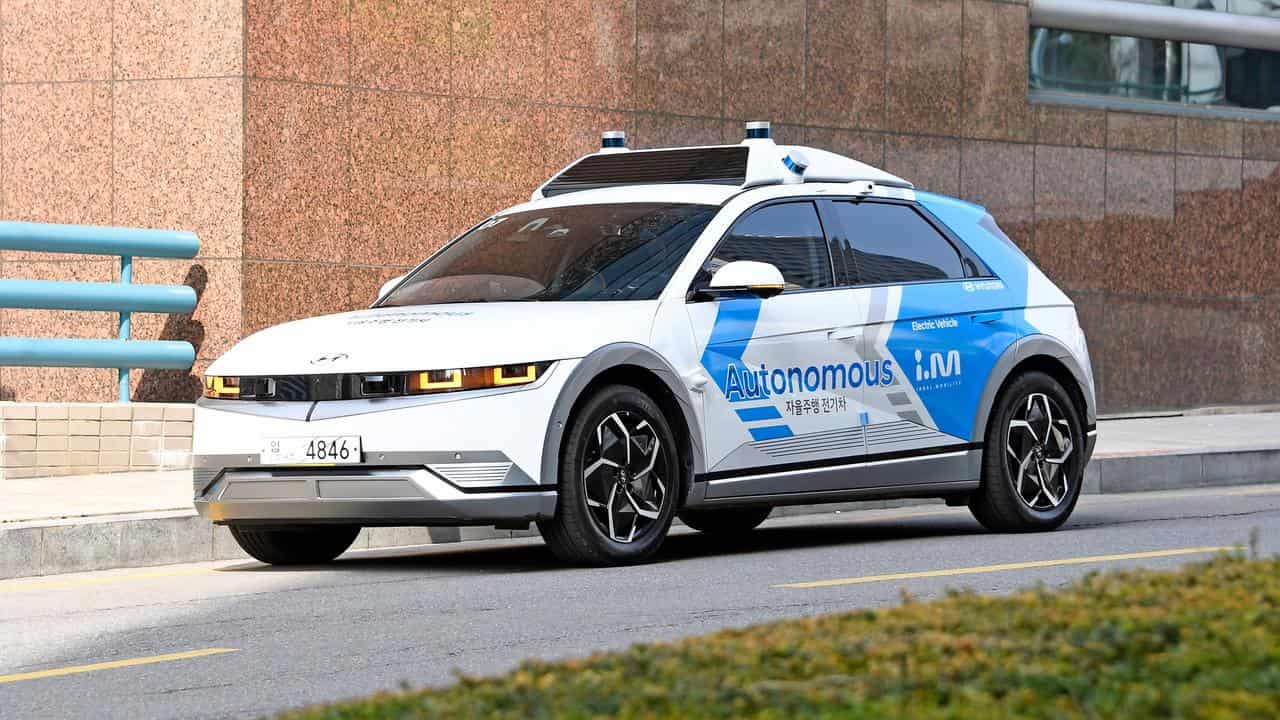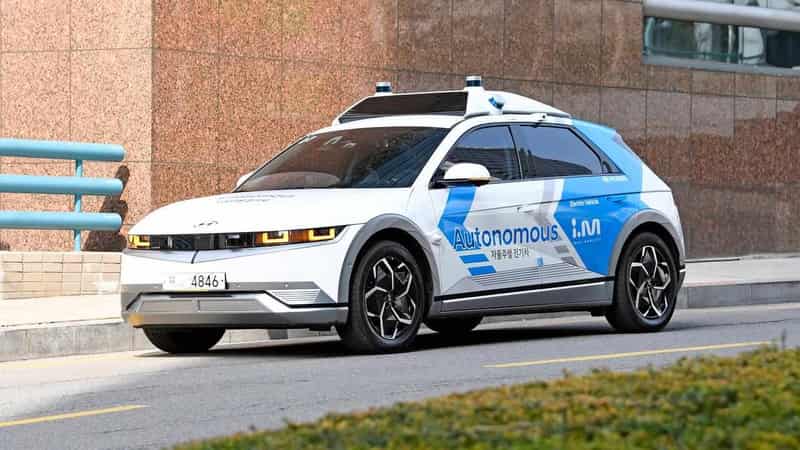
Self-driving cars are safer than those driven by humans, a study has revealed, but the advanced vehicles are more likely to crash in challenging weather conditions or when performing turns.
The findings were revealed in a study published in the Nature Communications journal on Wednesday that analysed accident data from 2100 self-driving vehicles and more than 35,100 human-driven vehicles over six years.
Transport experts say the results could help automotive companies justify further investments in the technology in a bid to reduce the road toll.
The study comes after Australia's National Transport Commission held a public consultation into the proposed Automated Vehicle Safety Law and rules to allow autonomous cars to be tested on local roads.
The analysis, by Mohamed Abdel-Aty and Shengxuan Ding from the University of Central Florida, compared road accident data from cars driven by technology and humans between 2016 and 2022, including environmental conditions and actions at the time of the accidents.
They found autonomous vehicles were safer on roads than vehicles driven by people in most conditions, with human drivers responsible for significantly more accidents caused by poor driver behaviour or inattention.
"It can be concluded that (advanced driving systems) in general are safer than (human-driven vehicles) in most accident scenarios for their object detection and avoidance, precision control and better decision-making," the study said.
But the researchers identified two situations in which self-driving cars were more accident-prone, with poor weather conditions such as rainy days and the low light of dawn and dusk proving challenging for their systems.
Autonomous cars also recorded more accidents when turning.
"The possible reasons might be a lack of situational awareness in complex driving scenarios and limited driving experience," the study said.
Swinburne University future urban mobility professor Hussein Dia told AAP the study underlined the promise of self-driving cars, even though it also proved the need for further research, development and testing.
"There's still a long way to go but, based on this data, we are achieving safety levels that are better than human drivers which is a good outcome," he said.
"The crashes are lower in almost all cases except these two circumstances and they used a big accident database."
Prof Dia said the findings indicated automakers needed to improve vehicle sensors to account for low light conditions, and to test the technology in complex driving situations.
"Before we put these vehicles out on roads, we need to test them in confined environments or in simulations," he said.
"There are still teething problems and I would prefer they were worked out in confined environments rather than public roads because once you have accidents, public confidence goes down."
The National Transport Commission recently collected public submissions on a regulatory framework for self-driving cars in Australia, noting that a "small numbers of automated vehicles" could be imported by 2026.









